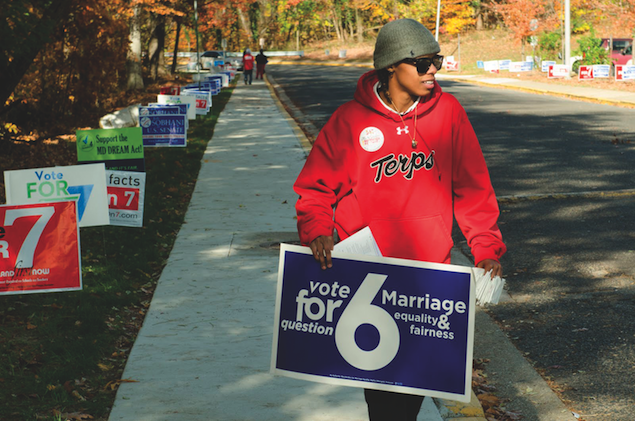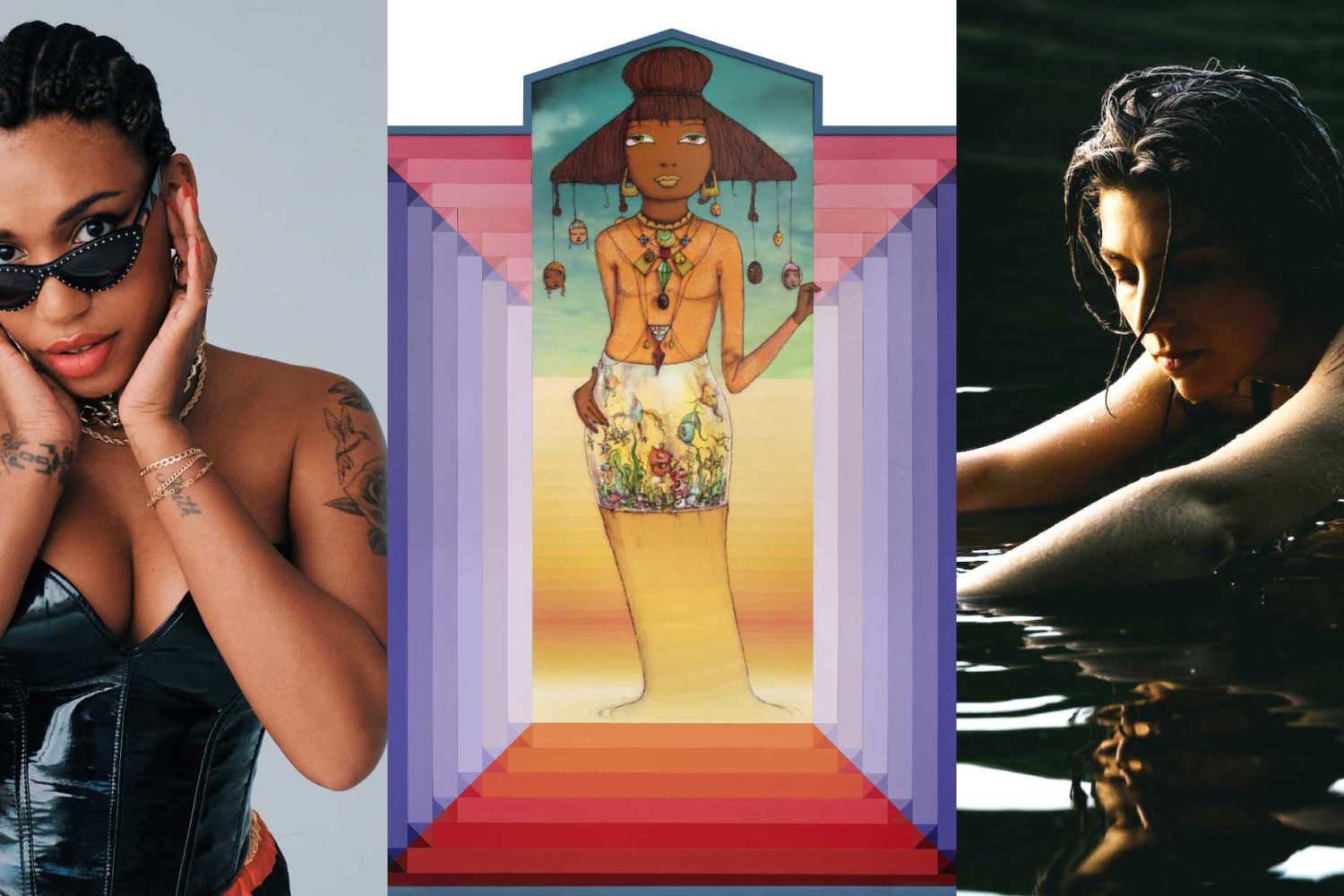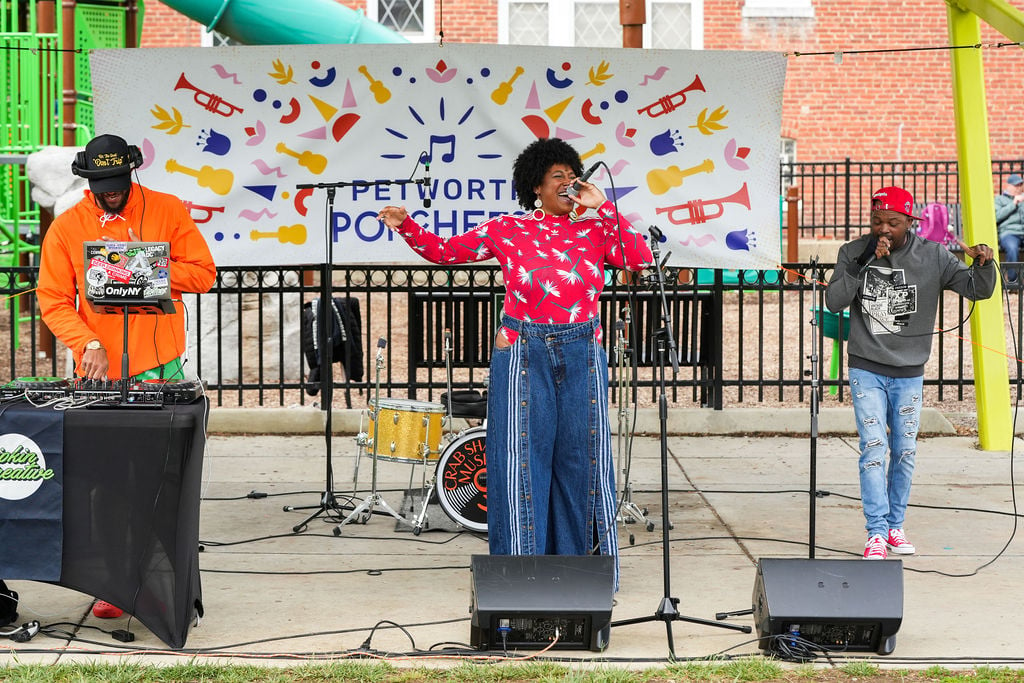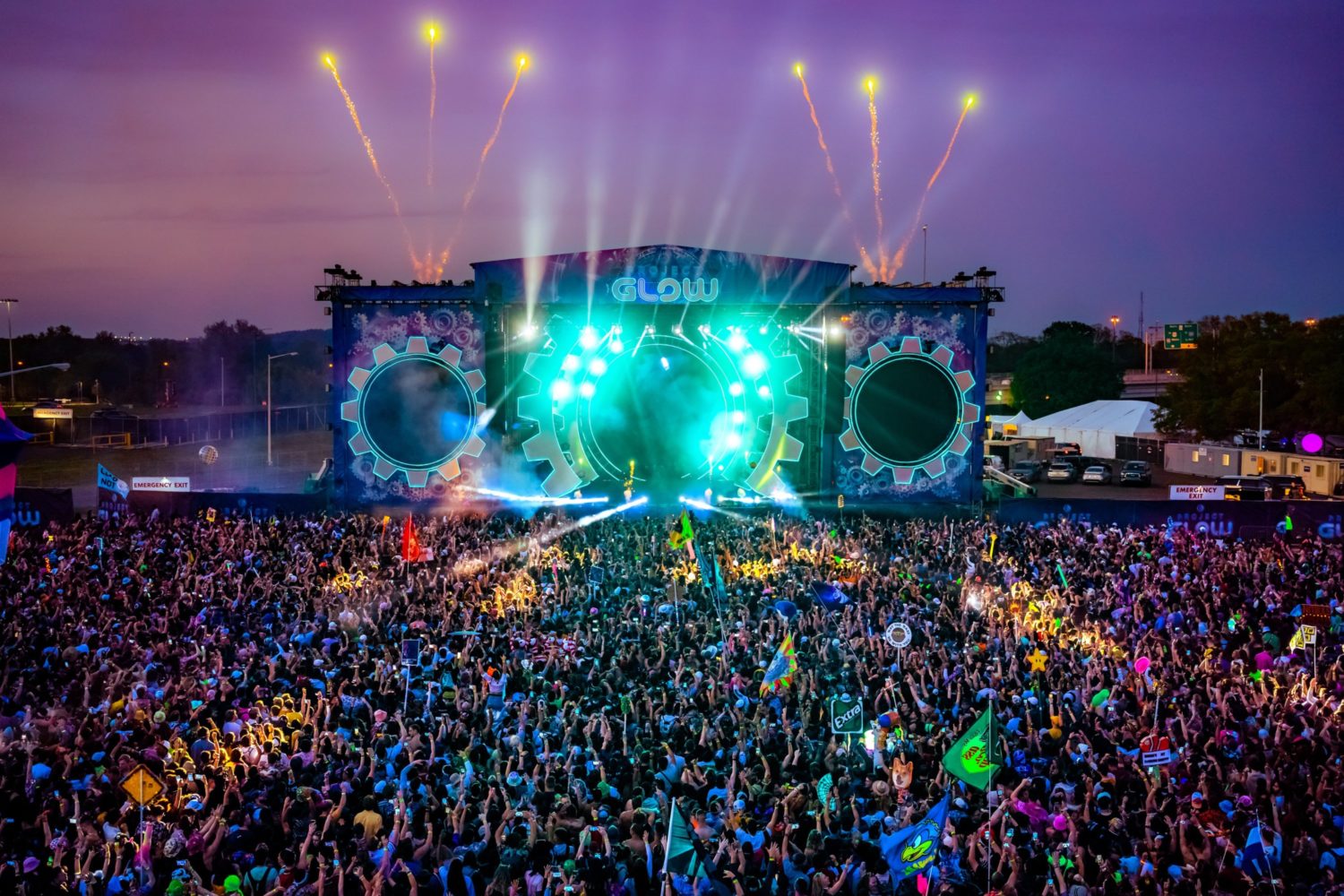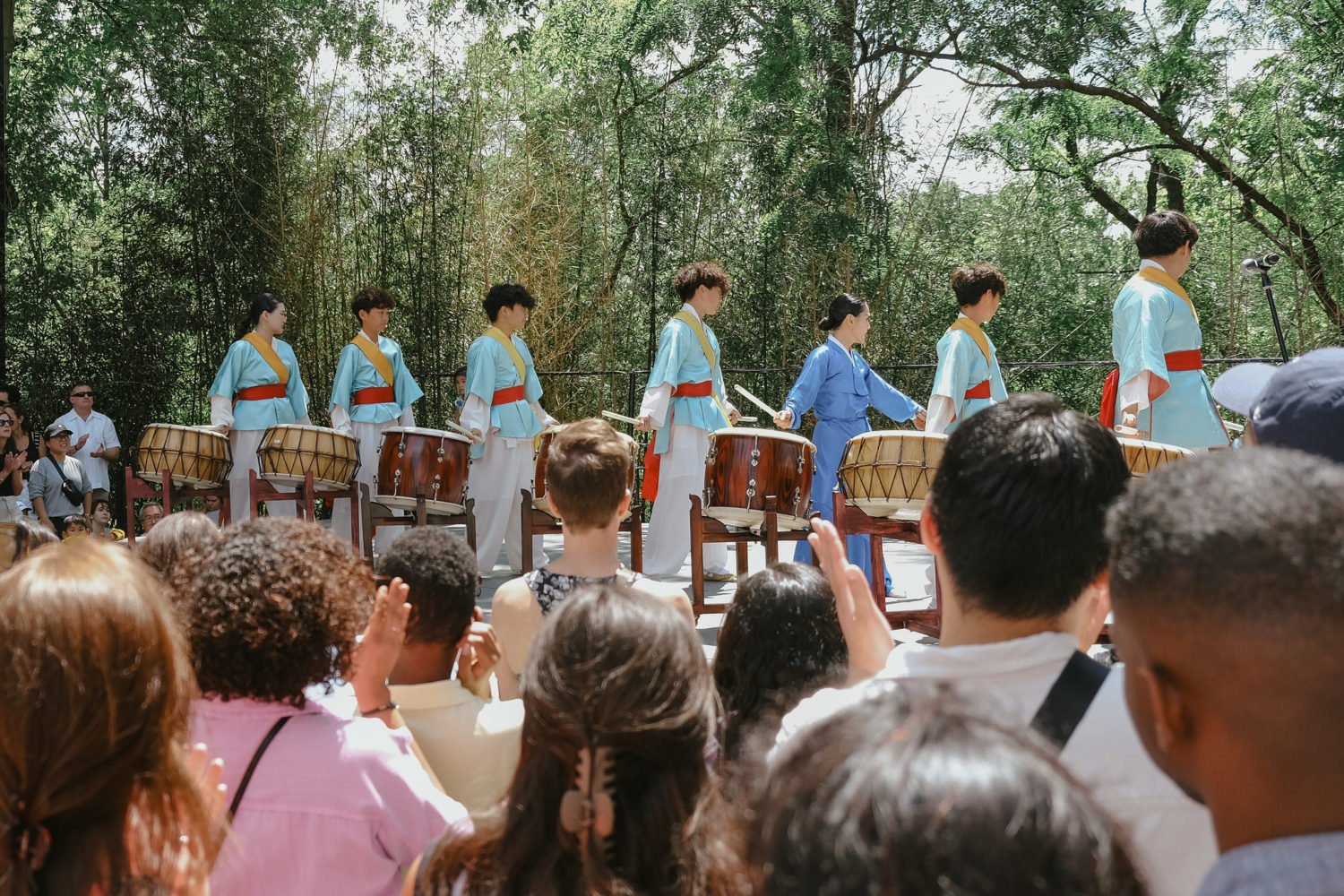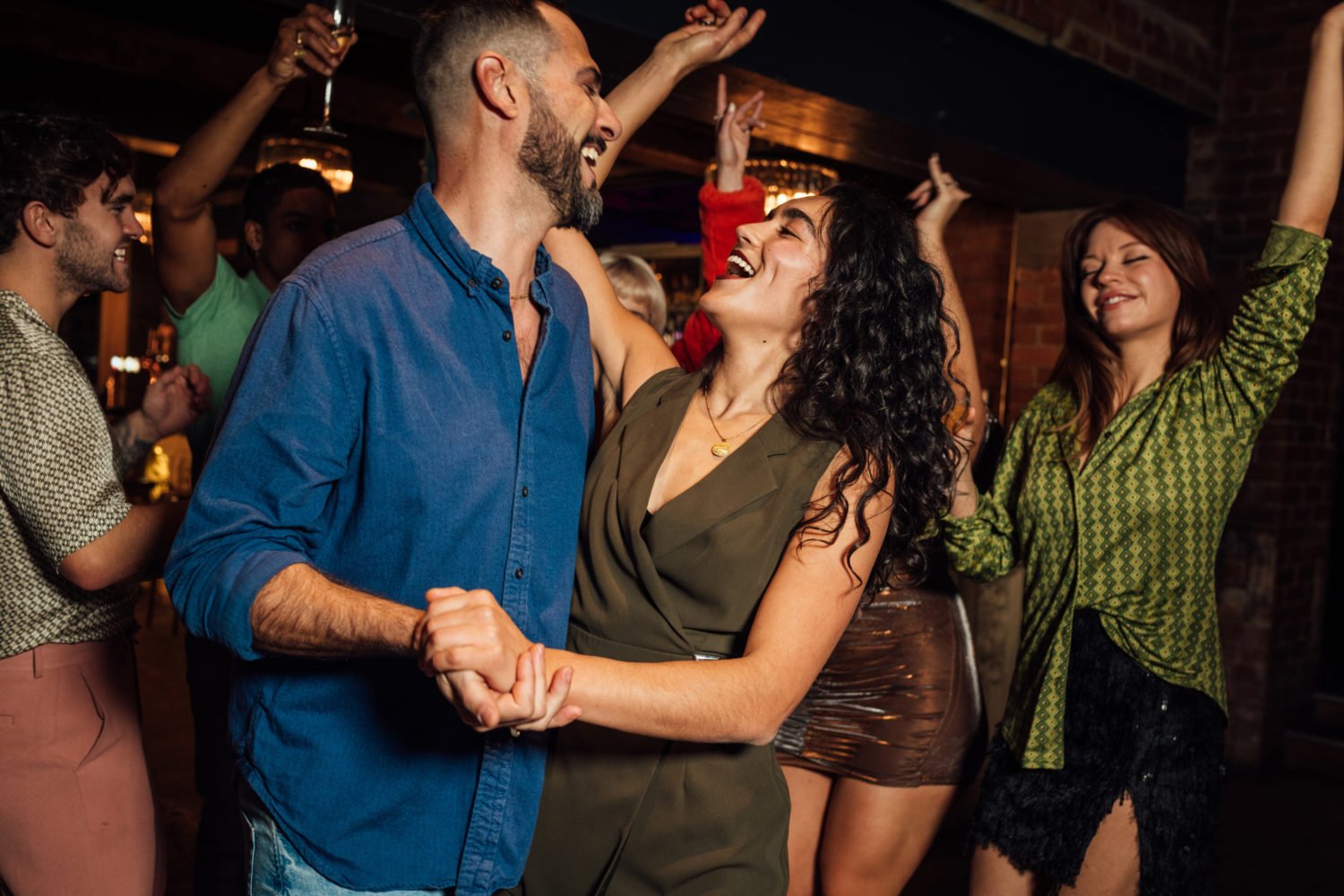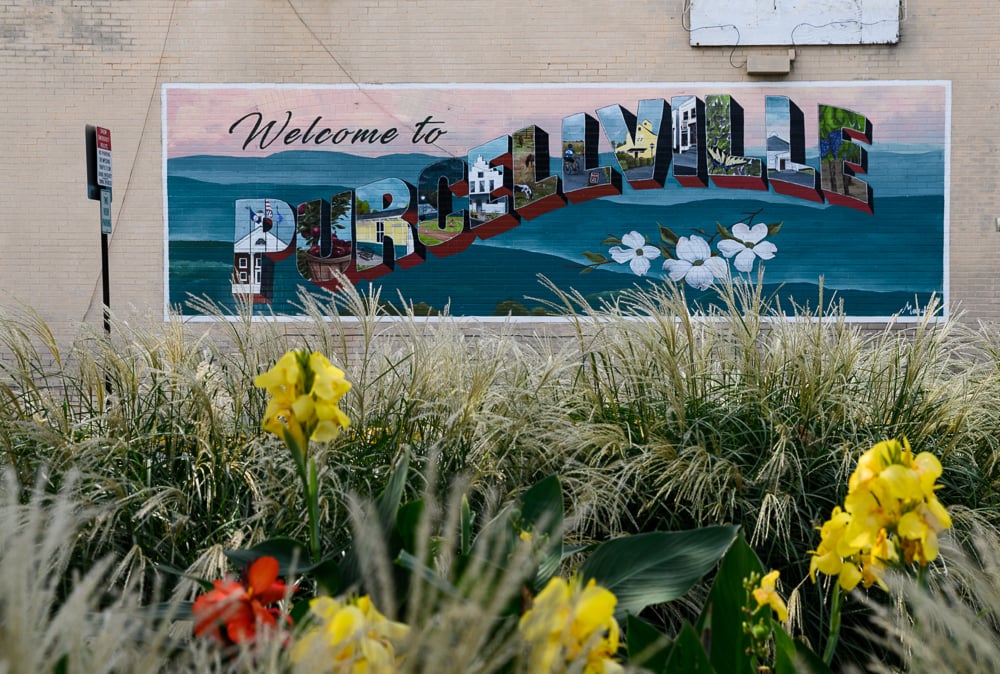To a generation for whom the legalization of gay marriage has become one of the defining
issues of the day,
The New Black is a film with both national and local significance. Taking place in Maryland during
the months surrounding the passage of the Civil Marriage Protection Act and the subsequent
referendum on the issue, director
Yoruba Richen’s documentary examines the struggle to legalize gay marriage through the perspective
of African-Americans—both advocates for it, who frame it as a civil-rights issue,
and opponents of it, who base their objections on religious beliefs.
An early scene flashes back to President Obama’s first inauguration.
Sharon Lettman-Hicks, a member of the Coalition for Black Justice, recalls the elation she felt at seeing
a black man elected President being swiftly tempered by the passing of Proposition
8 in California—and the subsequent blame that fell on the African-American community.
The question: What does it mean to be both African-American and LGBT?
It’s a question with a great many sides, and the film explores several. We see people
attempting to reconcile their love for their family with their family members’ rejection
of their right to marry, and youngsters struggling to equate their idea of faith with
the knowledge that the church community is attempting to use that faith against them.
The opponents of gay marriage, led by the Maryland Marriage Alliance and its chairman,
pastor
Derek McCoy, insist that African-American ideas about gay marriage stem from long-running, unshakable
beliefs rather than any sort of outside manipulation. He holds to this even after
previously sealed court documents are released detailing a plan to “drive a wedge”
between the gay and African-American communities as part of a strategy by the Christian
right and a main campaign donor, the National Organization for Marriage, to divide
and weaken the Democratic voting base. It’s a disturbing idea, underlined by a TV
clip from 2008 showing Obama saying he believes marriage is a sacred bond between
a man and a woman. While he’s since changed his tune, the clip and documents suggest
that opinions on gay marriage, while couched in rhetoric of religion and family values,
are still controllable by the highest bidder.
The personal stories included in the documentary are compelling, but the filmmakers
occasionally try to pack too much in. Overlong scenes of conversations begin to drag,
and a segment introduced fairly late in the film about a highly regarded gospel singer
who gradually comes to terms with his sexuality and is subsequently rejected by the
very church community that once worshiped him, though pertinent, feels out of place.
The film ends with Marylanders voting to legalize gay marriage, the first time in
American history that same-sex marriage was approved by popular vote. A young student
activist followed throughout the movie rejoices, celebrating the knowledge that she
has the support of her country and her President. It’s a feel-good moment (as long
as you believe in marriage equality, of course), but not an entirely satisfactory
ending. Just as Pastor McCoy refuses to concede that he’s lost this battle, the viewer
knows that while it may be written into law, the battle for universal equality is
far from over.
Playing June 22, 1:30 PM, at the Goethe-Institut, and June 23, 1:15 PM, at AFI Silver
Theatre and Cultural Center.

